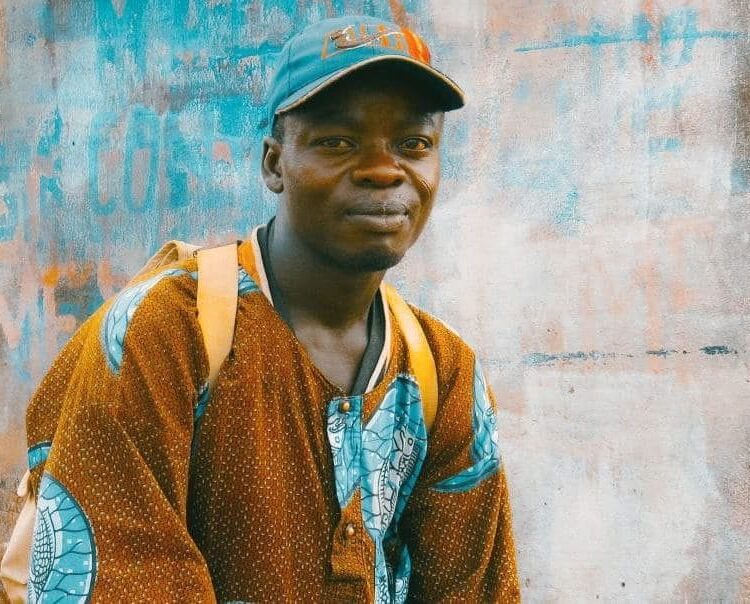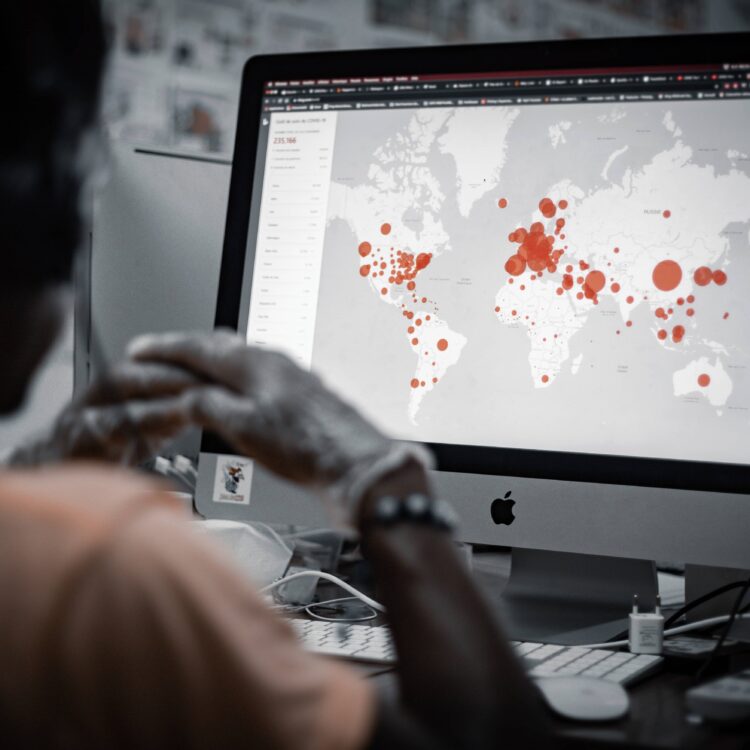
Think up new principles to guide the policies made by African governments in response to the COVID-19 crisis; organize African intellectuals to reinvigorate their public engagement; and establish durable alliances between progressive and concerned intellectuals to support better – innovative, responsive, and ethical – government in Africa. These are three things that need to be achieved by African leaders to deal with the current COVID-19 crisis – and beyond – according to a letter signed by dozens of prominent intellectuals, writers and academics from across Africa.
The Coronavirus pandemic has imposed a worldwide freeze on ‘business as usual’, catching governments around the world off guard. The result is untold misery, but also a hiatus that inspires hope that better times will come when the freeze ends. In Africa, for the last three decades, progressive intellectuals have felt compelled to wait in the wings and watch the continent sink into economic crisis, weighed down by violence, insecurity and massive social injustice. The ‘open letter to leaders over COVID-19’, which has been circulated and published by African intellectuals, writers and academics, is an attempt to seize the moment and offer a silver lining to the current suffering.
New principles for policy
In Africa, the first casualties of COVID-19 were members of privileged groups. The disease was carried by travellers from developed countries in the North, including Europeans and local African elite. The first Senegalese known to die of it in Dakar was Pape Diouf, a well-off football agent and the first African ever to run a major European football club – Olympique de Marseille. A Burkinabe deputy and a Nigerien minister have since succumbed to the virus, and many leading politicians have endured it. In many countries, COVID-19 has particularly hit university professors, who are frequent participants in international conferences in the North. Because of this experience, Africa’s ruling and intellectual elite felt, from the very beginning, a sense of urgency about the disease. But this was not shared by the common people.
In many African countries, people distrust the political leadership, and in some places ‘Corona-scepticism’ is rampant. Uncertainty, emergency and issues of trust combined to shape policies that were sometimes rash (Niger, a 99% Muslim country, ‘suspended’ Friday prayer, including in remote rural areas and regions overrun by Jihadists), inconsistent (at the same time, Niger left crowded markets open), timorous (in Kano, Nigeria, now recognized as a COVID-19 hotspot, the governor caved in to popular Muslim clerics who claimed that the disease did not exist), and repressive (around the continent people have been beaten for violating curfews and a child was killed by a stray bullet in Kenya). While some of these policies demonstrate a degree of care, the problems they have caused also highlight the lack of leadership principles among Africa’s governments. The task at hand for progressive intellectuals is not to prescribe specific policies on the coronavirus, but to lay the ground for the principles upon which such policies should be based in the African context.
Better government for Africa
Epidemics are not rare in Africa. Aside from Ebola, there are recurrent outbreaks of infectious disease like meningitis and cholera in many parts of the continent. But their impact is usually limited to the urban common people and rural populations, and they have not raised hard questions about governance, as they should in fact have done. If common people find it so hard to believe in a sense of care from the elite, it is largely because they have not seen much evidence of the same at times when disease was killing only them.
The coronavirus pandemic is different in its equalizing impact on unequal regions of the world (North and South) and on unequal groups in society in the South (there’s less evidence of that in the North). Some African governments are angling for responses in their conventional toolbox, calling for aid and debt relief, and engaging in repression. But they are also forced to innovate and have discovered that they can actually release a great number of people from jail (an old demand of humanitarian NGOs) or design funding strategies for the social sector. In the words of Samuel Johnson, fear ‘concentrates the mind wonderfully’. This demonstrates that the potential for better government in Africa exists, despite the so-called lack of resources and ‘weak states’. The task is to make it depend not on the grip of emergency, but on a plan. The conversation of the progressive intellectuals is about how to massage this potential toward an actuality. It is about triggering, as it were, a ‘COVID revolution’ in Africa.
Developing public engagement
Progressive intellectuals have been side-lined in Africa since the 1990s, part of a worldwide phenomenon. Now that the world order that has shut them out is in a freeze, there’s an opportunity for their revival. To succeed in this, one idea is to organize and develop strategies of public engagement, connecting intellectuals with African leaders, local public, and international partners. The open letter to leaders over COVID-19 is a step in that direction. In a follow-up, a call was launched in networks of progressive intellectuals to propose ideas for research programmes, public engagement initiatives, and projects for the durable organization of the emerging intellectual alliance. Responses are in the process of being collected and will be followed by virtual meetings to plan for the way forward. The goal is better government for Africa.

